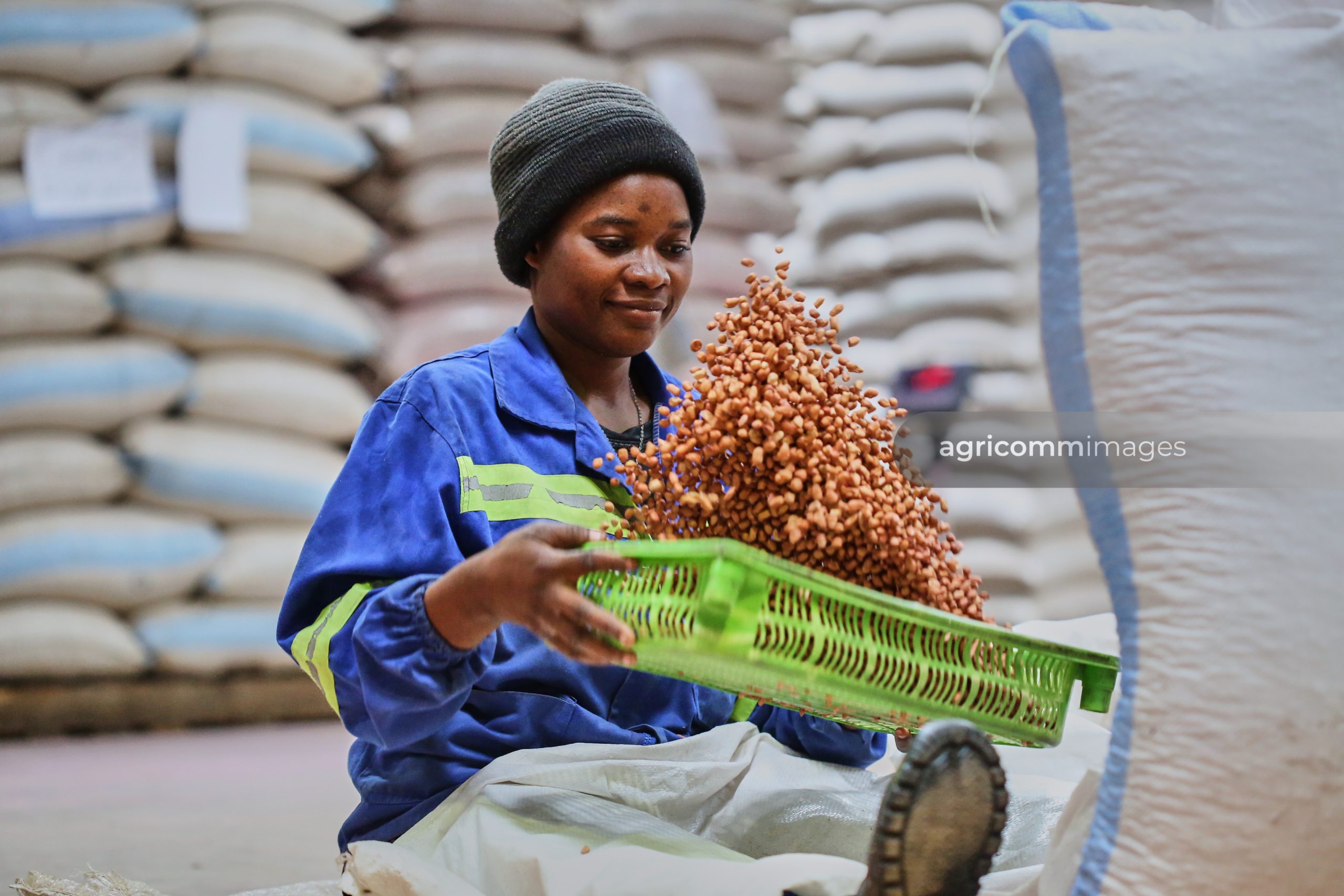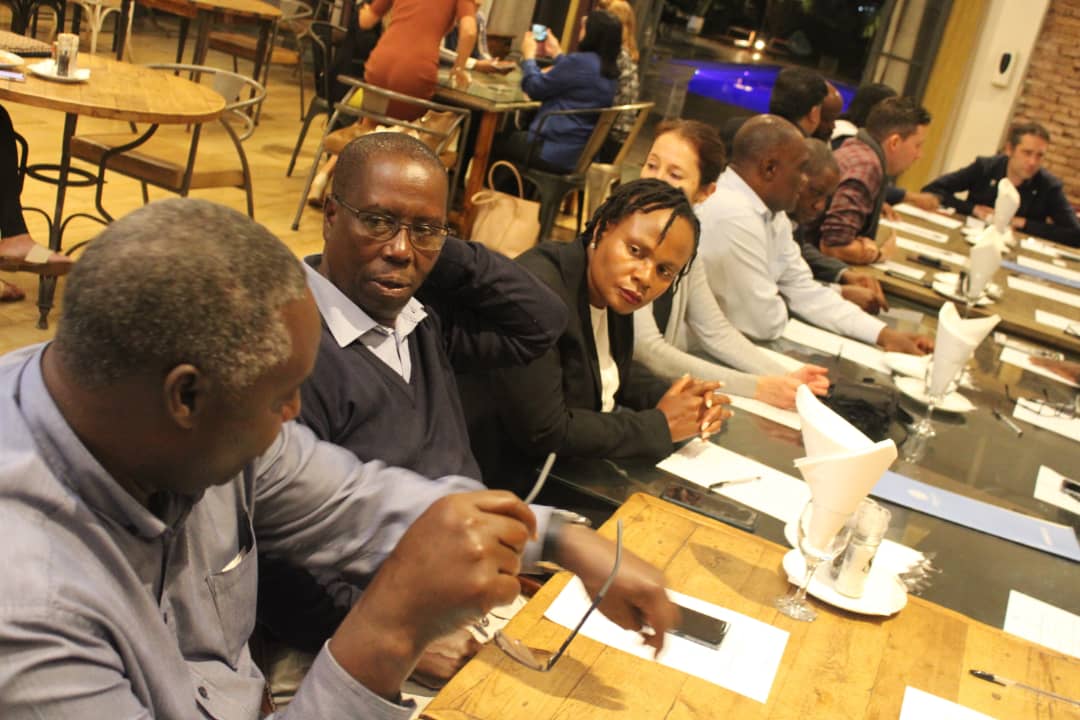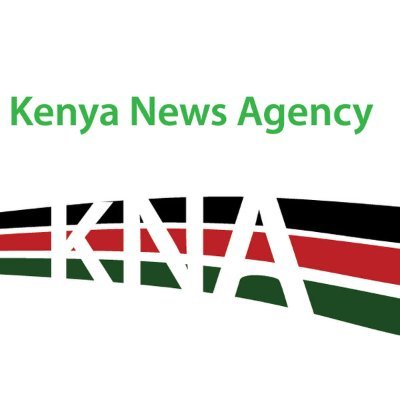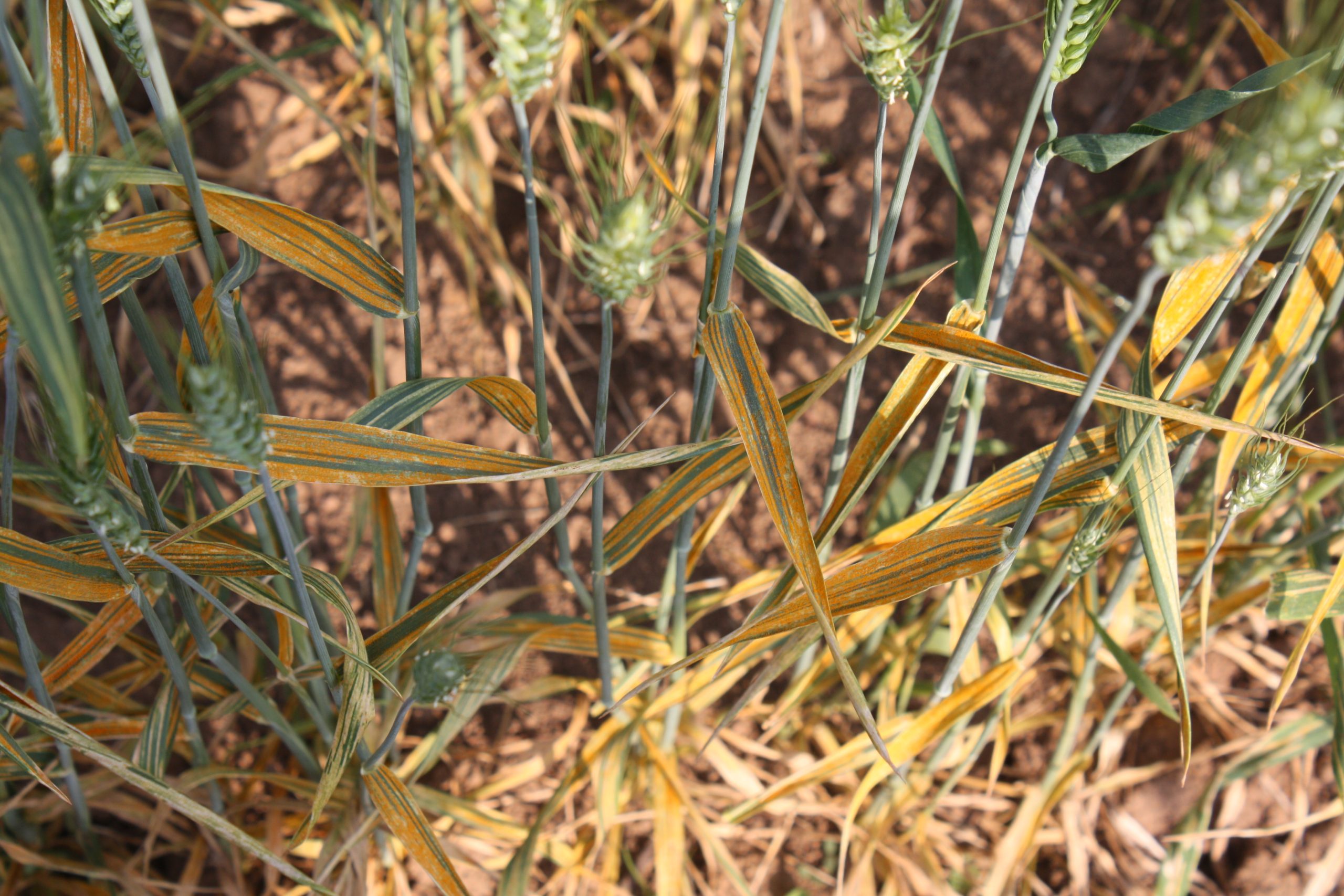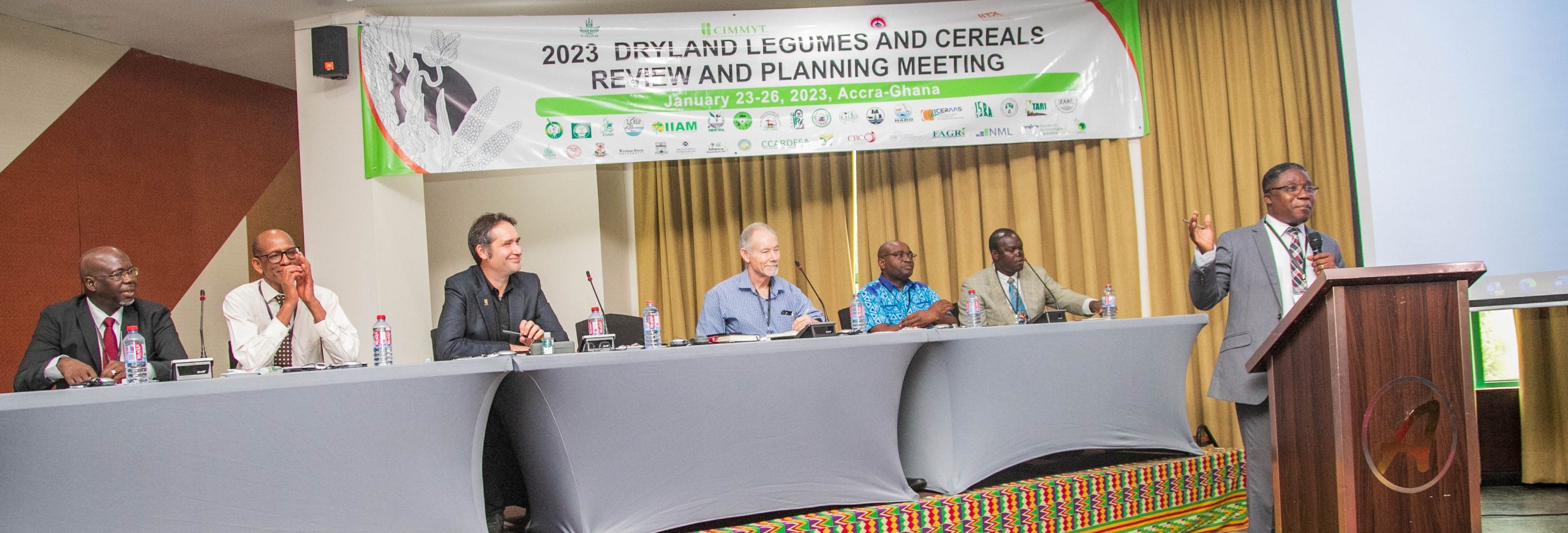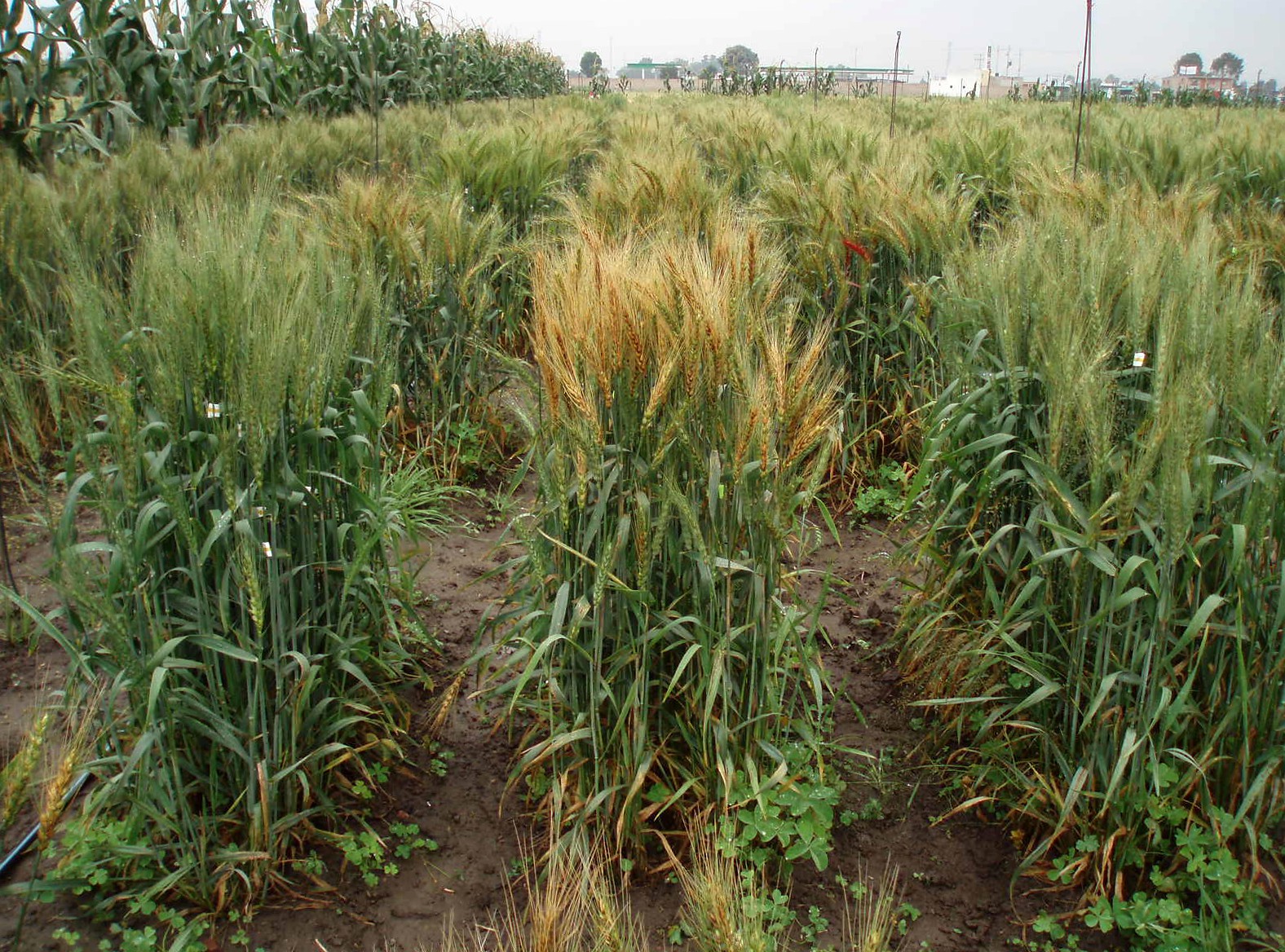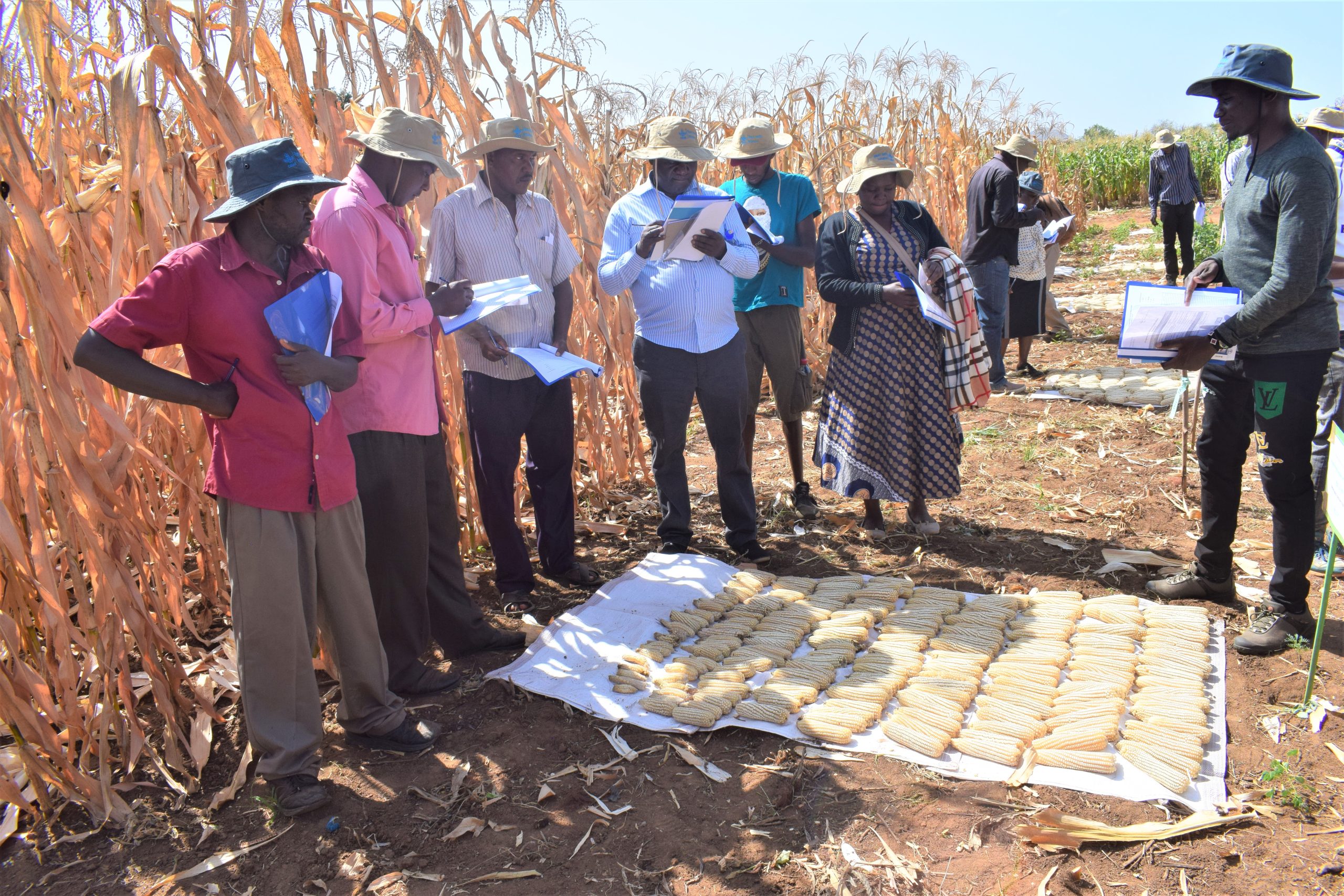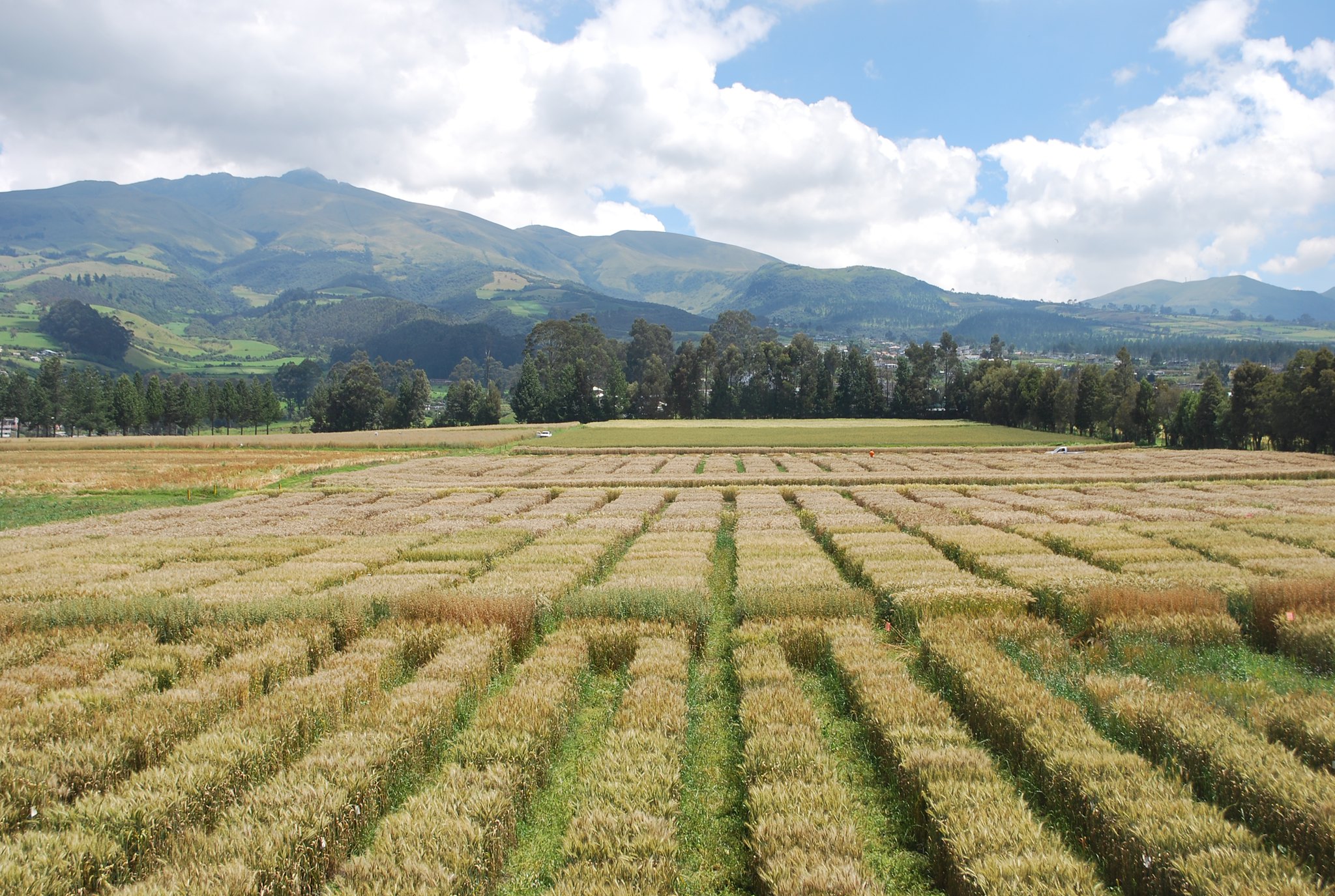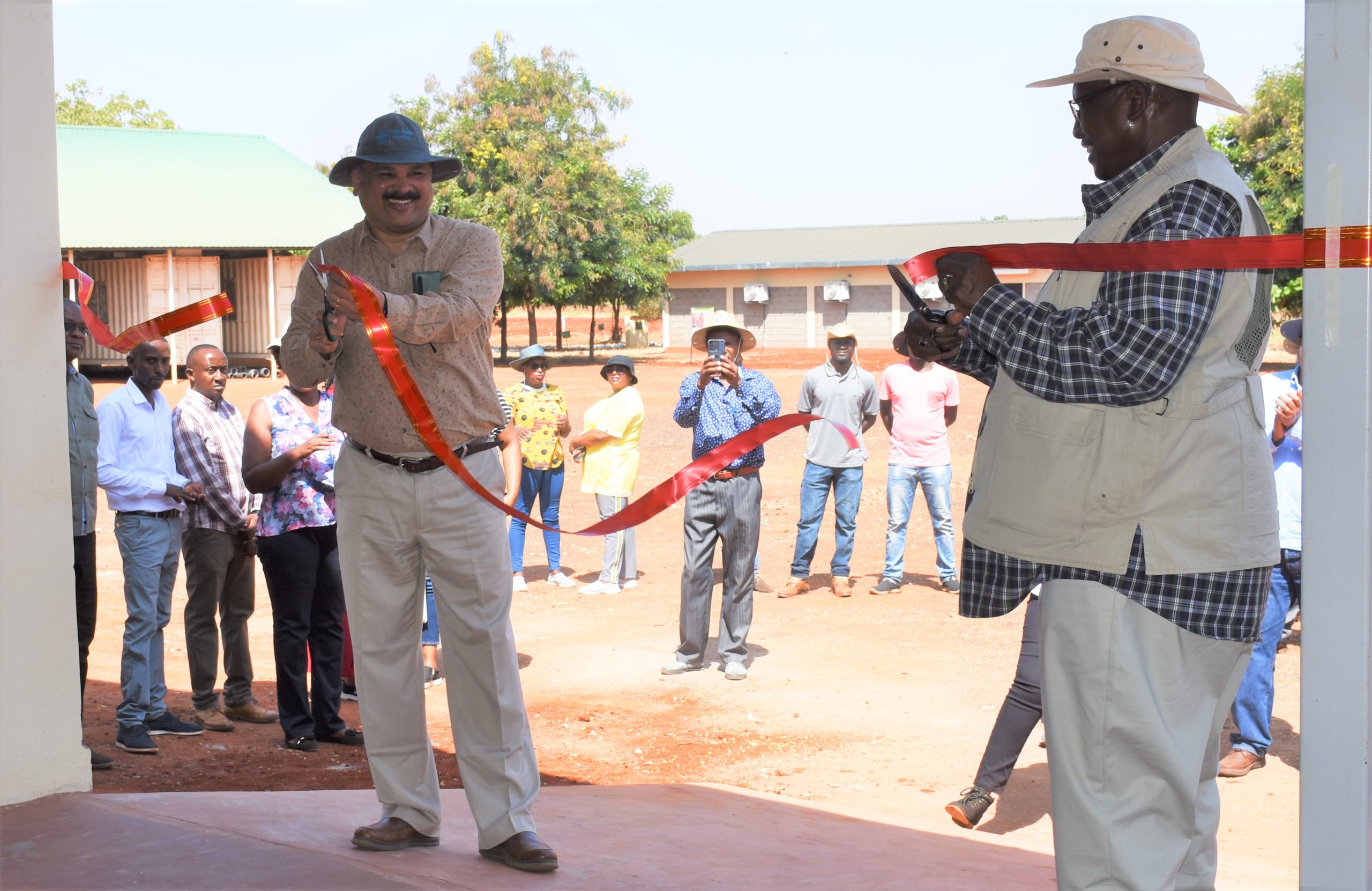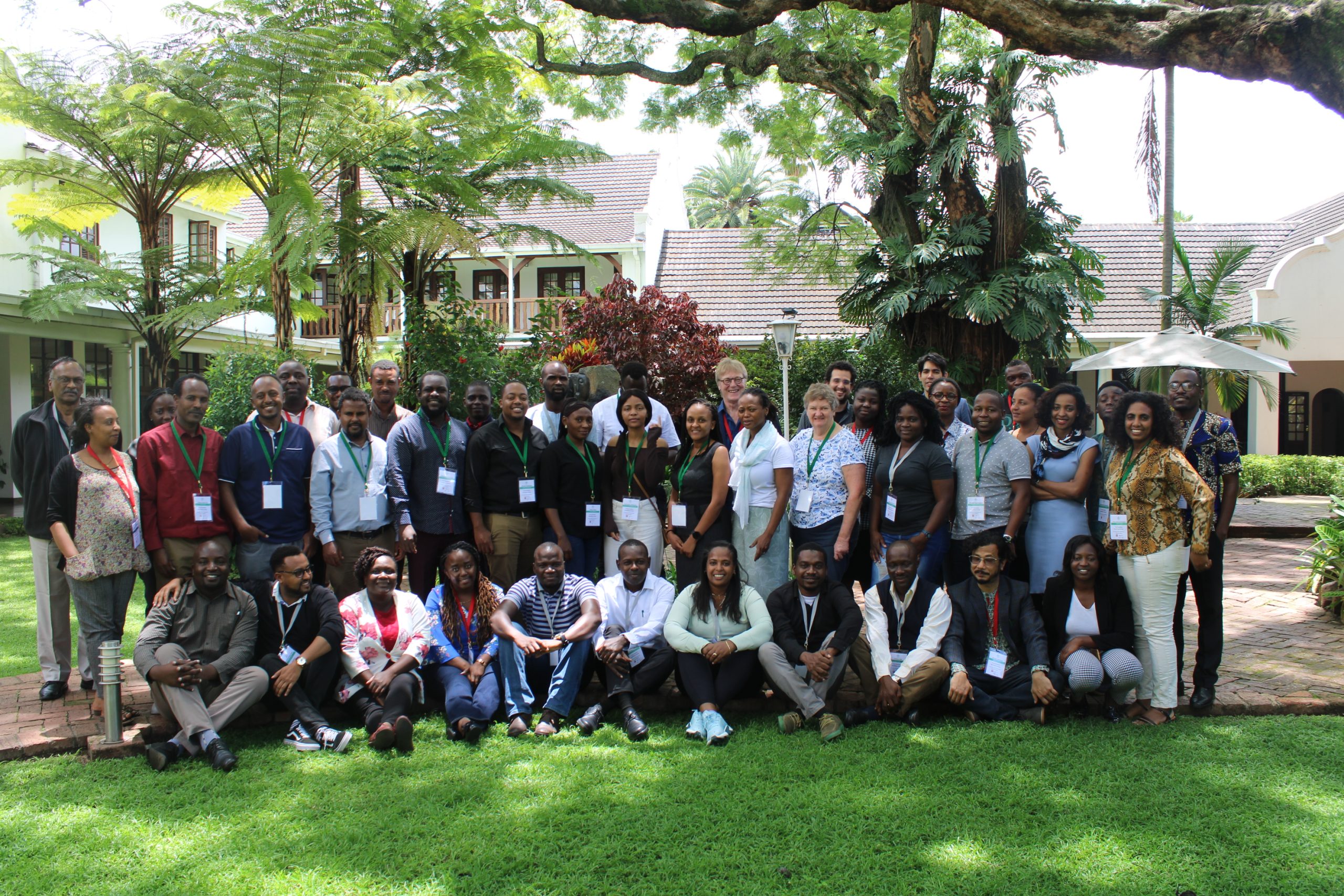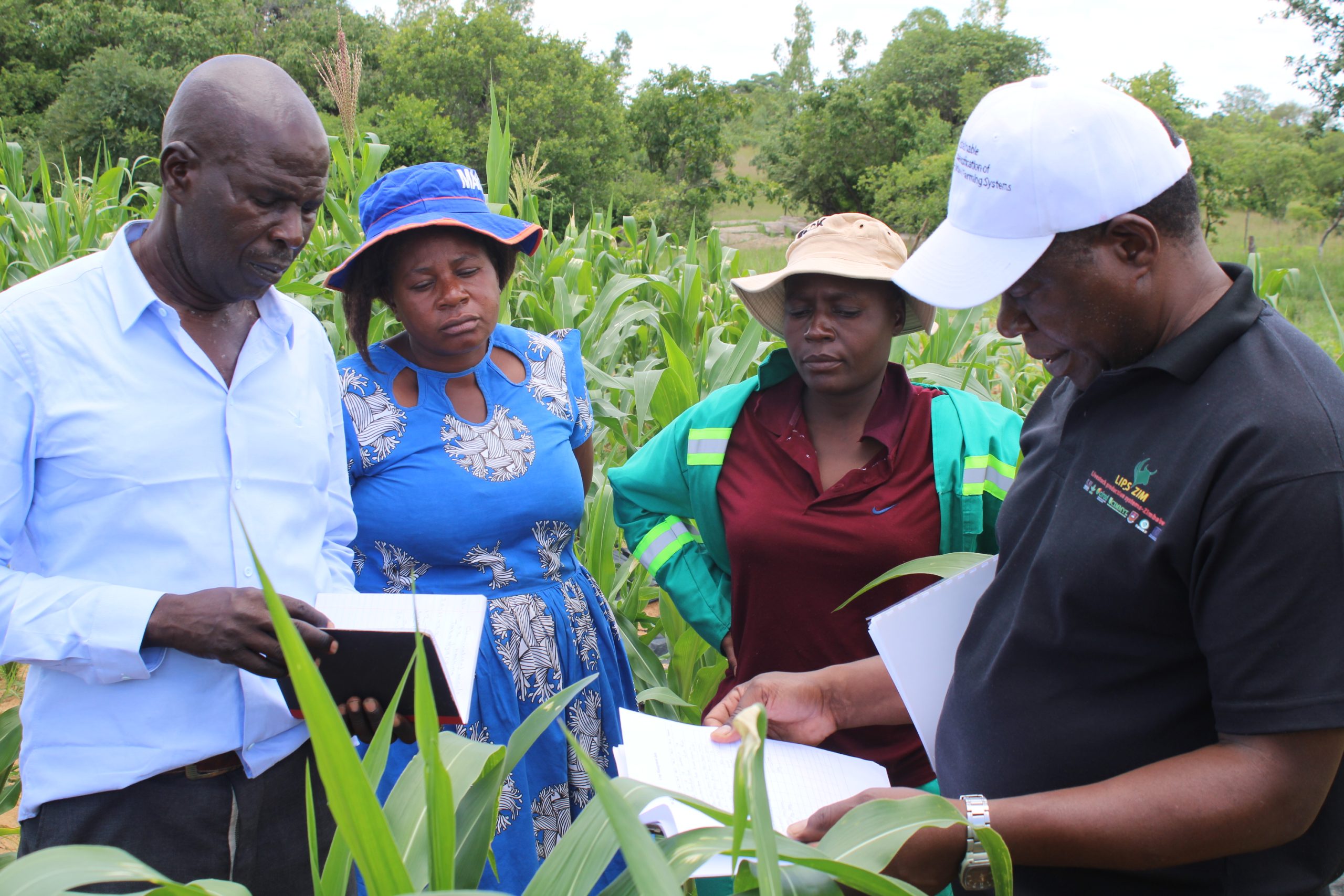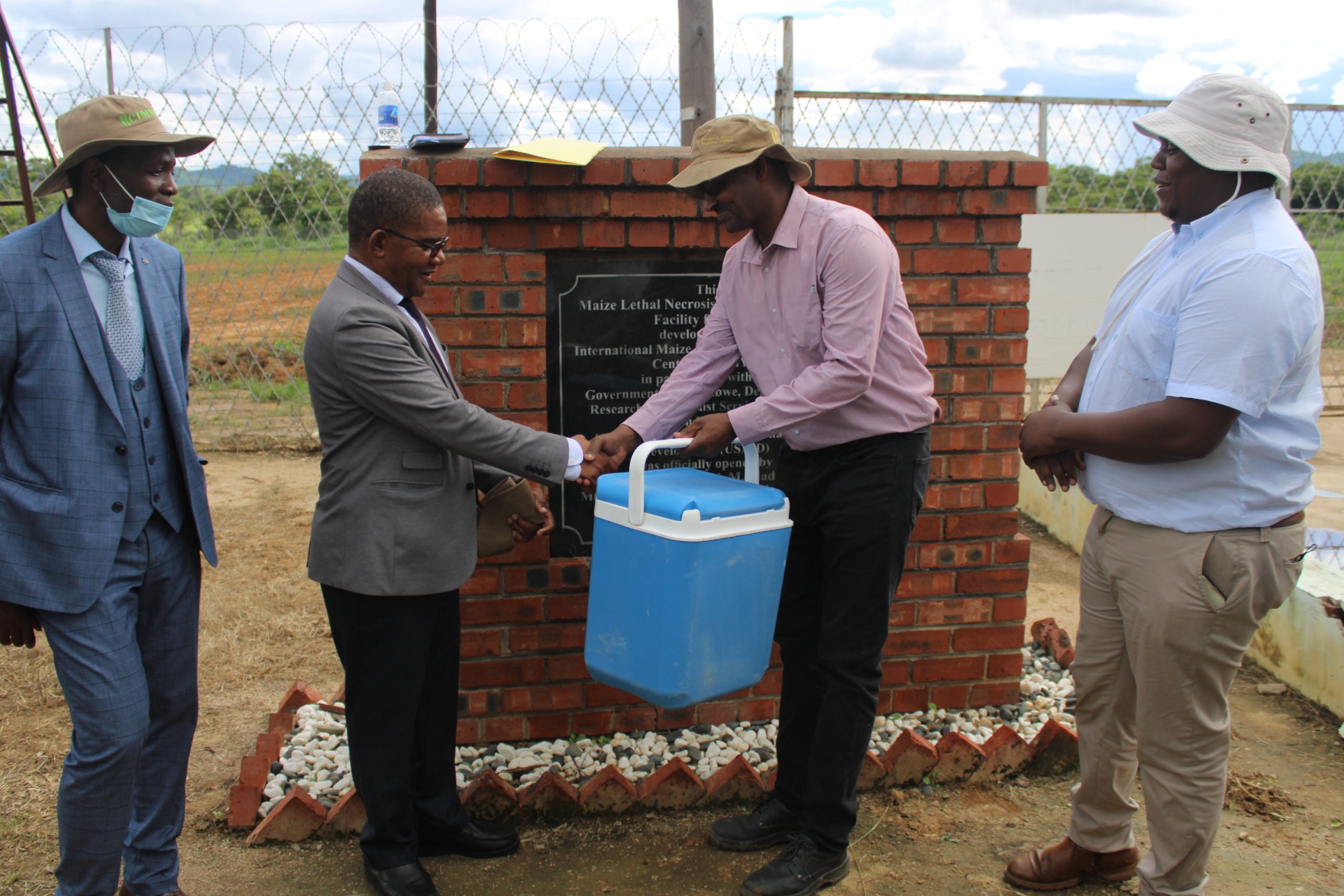Africa
CIMMYT’s work in Africa helps farmers access new maize and wheat systems-based technologies, information and markets, raising incomes and enhancing crop resilience to drought and climate change. CIMMYT sets priorities in consultation with ministries of agriculture, seed companies, farming communities and other stakeholders in the maize and wheat value chains. Our activities in Africa are wide ranging and include: breeding maize for drought tolerance and low-fertility soils, and for resistance to insect pests, foliar diseases and parasitic weeds; sustainably intensifying production in maize- and wheat-based systems; and investigating opportunities to reduce micronutrient and protein malnutrition among women and young children.
A seed systems success story
 Environmental health and biodiversity
Environmental health and biodiversity
Drought-tolerant maize seed thrives in Zambia through partnerships with the private sector.
Strengthening partnerships with government and private sector in Malawi
 Capacity development
Capacity development
CIMMYT-led event bringing private sector and government together is a success story of the power of collaboration.
Counties Urged To Scale Up And Adopt Pest Control Technologies
 Environmental health and biodiversity
Environmental health and biodiversity
Source: Kenya News Agency (17 Mar 2023)
How can plant health technologies be more widely adopted by smallholders in Kenya?
Scaling impact of dryland crops research through regional crop improvement networks
 Environmental health and biodiversity
Environmental health and biodiversity
Scientists and stakeholders in Africa are co-designing a network approach to improve and expand dryland crops value chains in the continent.
Plant Health Innovation Platform at Kiboko, Kenya: integrating and testing eco-friendly solutions against fall armyworm
 Environmental health and biodiversity
Environmental health and biodiversity
Participatory testing of fall armyworm (FAW) solutions is helping to find eco-friendly and cost-effective integrated pest management (IPM) packages in Kenya.
KALRO research station at Kiboko revamped to accelerate crop breeding
 Environmental health and biodiversity
Environmental health and biodiversity
Upgraded technology at the KALRO research station will optimize breeding and seed systems’ work so that scientists can provide better varieties to farmers.
Building towards a climate-smart agriculture future through harnessing crop modeling
 Climate adaptation and mitigation
Climate adaptation and mitigation
A workshop supports participants to grow their crop modeling expertise, with the aim of improving the use of tools in Zimbabwe and the rest of Africa.
Ethiopia’s Experience of Wheat Production Exemplary to African Countries: CIMMYT
 Nutrition, health and food security
Nutrition, health and food security
Source: Ethiopian News Agency (21 Feb 2023)
The partnership between CIMMYT and Ethiopia is improving wheat productivity through improved germplasm and access to mechanization.
Farmers in Buhera gear up for climate-smart agriculture
 Climate adaptation and mitigation
Climate adaptation and mitigation
Water harvesting technology trials give hope to farmers in semi-arid regions of Zimbabwe.
Government of Zimbabwe recognizes CIMMYT for beneficial collaborations
 Environmental health and biodiversity
Environmental health and biodiversity
CIMMYT is working with Zimbabwe government organizations to facilitate sustainable food security initiatives.
